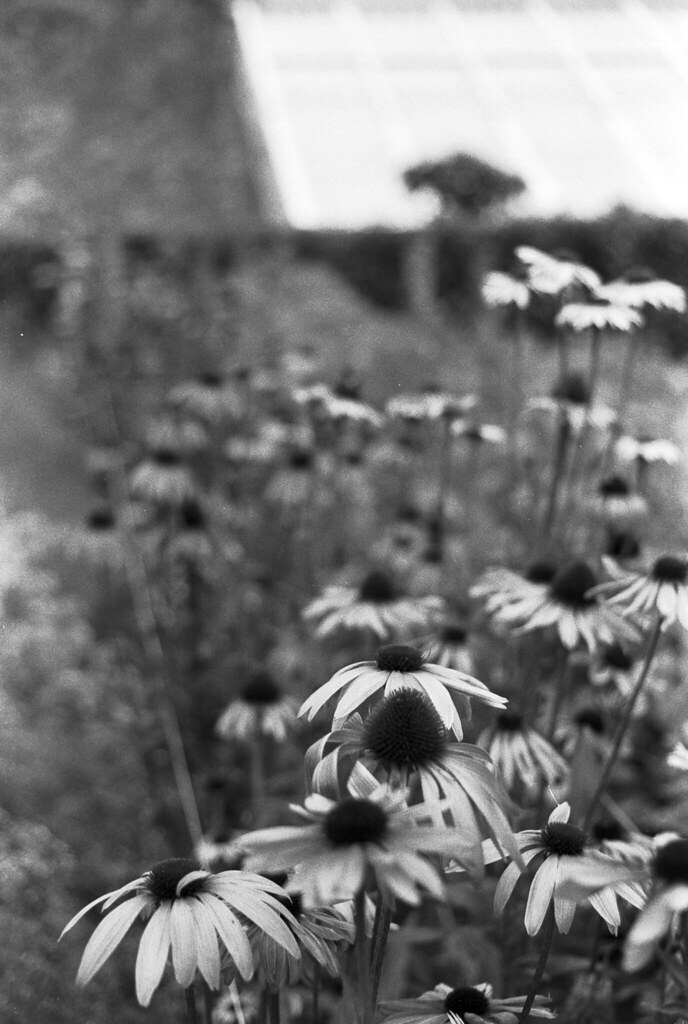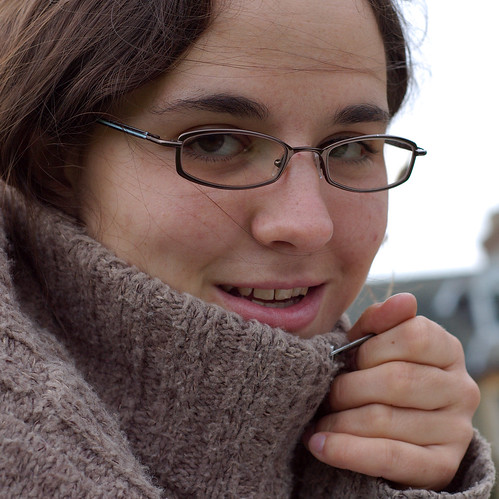Did you ever play 'should've said'? Probably not, though you might have seen it, if improvised comedy is your thing. In Edinburgh and a few other places. A scene is started between two performers - about anything at all, usually the audience is asked for a prompt. At interesting moments, or boring moments, or any time at all that they feel like it, the audience can call out 'should've said' and the person who has just said something must say something different. With good performers, it means you can get all the funnies possible out of a given position or character or whatever. It's great.
I play it in my head all the time. I guess everyone does - that argument you had with someone where, when you leave, you think of all the smart and cunning things you should have said. Or probably shouldn't have said. Or would never have had the guts to say. Wish you had had the guts to say. Going back to insert a paragraph, to edit in a more pleasing turn of phrase. I'm not really sure where to go with this except that it's an interesting sort of thought. What's done stays happen, you can't change it, there's no point agonising? Maybe that's the virtue of it. Handwritten, or on a typewriter - ink directly onto paper, anyway. No virtual words, just indelible ones, albeit in an ink that seems to run when it gets time on it.
Sometimes I go back to diary entries and read over them. I have diaries of one sort or another going back years. They have varying degrees of secrecy depending on my mood at the time. When I'm sad, it gets locked away and nobody can read it, but when I'm happy the world knows. Is that the right way around? Probably. But I'm always amazed at how inaccurately I remember things, how memory mangles things. Sometimes the edit process has come in and I 'remember' saying or hearing things that weren't heard or said. Somethings that were a big deal when I was 17 I don't even remember at all now; the entries in the diary, that I thought would point me exactly to the right memory, elicit nothing. I have prided myself on quite a good memory for events, the facts of them. Something about feeling compelled to take notes all the time. Even if I don't ACTUALLY write things up, I still sort of feel that I am. Maybe that's actually the problem? When I write things down I'm automatically composing. That probably makes sense. Anyone who reads and has an interest in words is hard pushed not to polish their own, I suspect.
It's interesting to think that everybody is probably writing in just such an inaccurate way as I am. Newspapers. Diaries. Reports. No matter how factual one tries to be, words are about atmosphere. They pass a value judgment no matter how colourless they're meant to be. Totally untrustworthy. And we can't totally unpick them, either. No matter how carefully they are taken apart and cleaned and twisted and turned around and examined, all we have to discuss them with are more words.
Too sleepy for the end of this thought. I have spent a long time thinking about memory, but I am also spending time in this job thinking about history. A lot of history comes from governments, and here I am writing things that contribute to that history. My words, my spin, my impressions. I have more opportunity to use them than I did before, and they count for more. It might not be fiction writing or poetry, but my typing is more weighted than it was before. And not by much. I'm not running the world. I'm interpreting it and smoothing it and shaping it, which seems pretty powerful from my desk next to the printer on the third floor.
miso chicken and rice
13 hours ago









